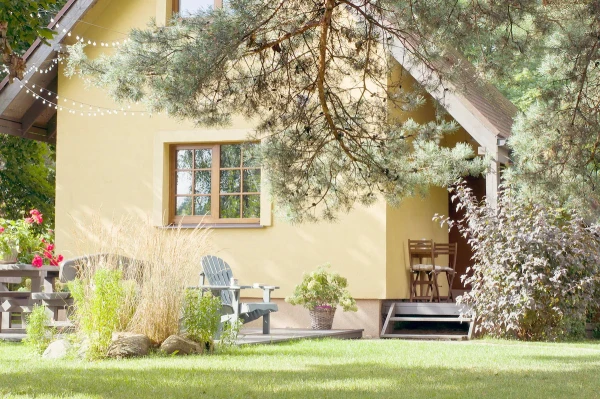
The tourist season in Latvia is over, it's time to count the profits. But the tax authorities have appeared, reaching into the pockets of small businesses.
The depopulation of the republic's population constantly brings new real estate objects to the market. Many owners prefer to rent out their grandmother's cottage through online aggregators like Airbnb and Booking. Until recently, this was profitable, but now the State Revenue Service promises to address unregistered rentals.
Pay Taxes and Rent Peacefully
As of this summer, there were 1,663 hospitality sector enterprises, guest houses, or apartments in the republic that had contracts with the aforementioned platforms. Of these, only 251 — or just 15% — were registered with the SRS as VAT payers. So far, tax penalties have not been applied. "The SRS has limited resources to monitor the compliance of each taxpayer's activities," acknowledged the fiscal institution, which discussed the pressing issue at a parliamentary subcommittee on combating the shadow economy.
Its chair, Linda Matisone ("United List"), reminded that as of July 1 of this year, a special tax regulation introduced by the Saeima came into effect for those renting out their property through platforms. The new order itself is "very good and simple." "And also very beneficial for small businesses," added the deputy.
However, many entrepreneurs have already received letters from the State Revenue Service demanding the payment of 21% VAT for hosting guests through online platforms... for the past three years!
Ilze Yankova, head of the SRS Tax Department, stated that yes, "there is dissatisfaction with the current order." However, since 2010, there has been a regulation that requires those providing "cross-border services" to register as VAT payers.
Dissatisfaction with the State Revenue Service
At the meeting, it was also expressed that a significant portion of users of these platforms — both providers and service recipients — are residents of Latvia. One participant, who rents out beds, revealed that he was charged 4,000 euros just for VAT, and another 1,000 for late payment. "This is a significant amount for me as an individual, I am not a limited liability company," complained the individual conducting business activities.
— People are calling and expressing outrage that the SRS misled them, and now entrepreneurs have to pay, — said A. Matisone.
For his part, National Alliance deputy Arturs Butans stated that there is no unified approach to taxes in the tourism sector. One of his acquaintances was "kicked around" to three different officials: "There is no order on the SRS website on how to register, whether retroactive tax will be applied, and so on."
According to the deputy, there is an "absolute lack" of normal communication between ordinary citizens and the fiscal authorities. If people had known about the taxes in advance, they would have registered an LLC — and could have deducted expenses, for example, for heating and phone.
A SRS official, for her part, explained that if hotel services, for example, in a cottage by the sea, are provided in the usual way, they are subject to 12% VAT, while 21% is only paid for services sent by foreign platforms.


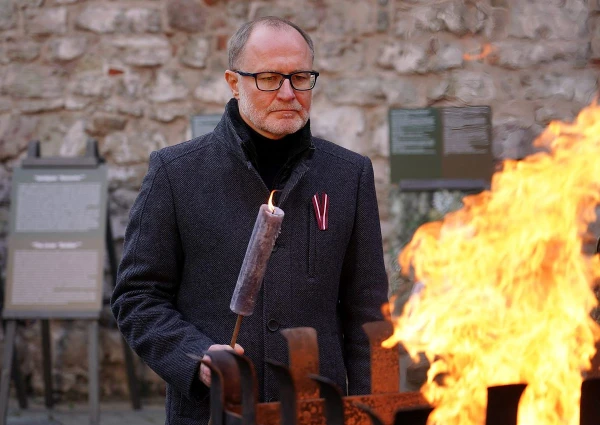

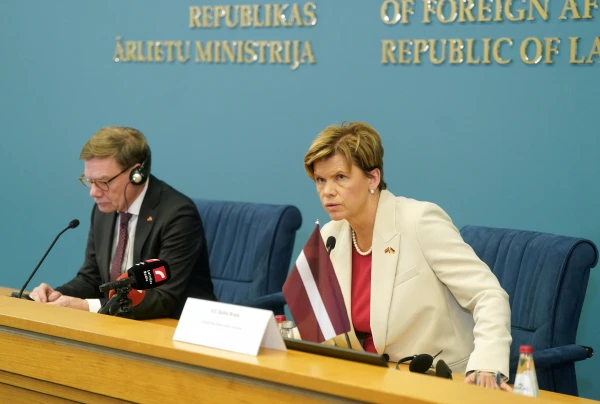
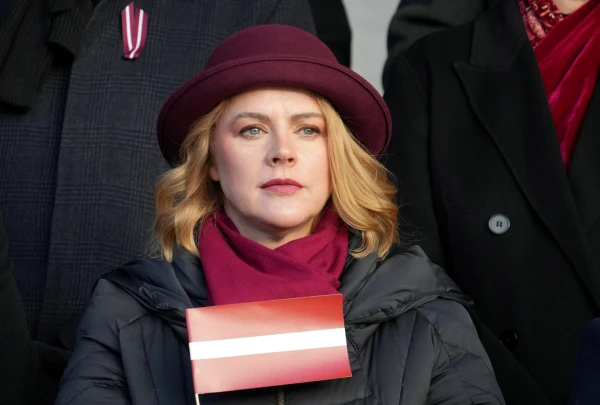
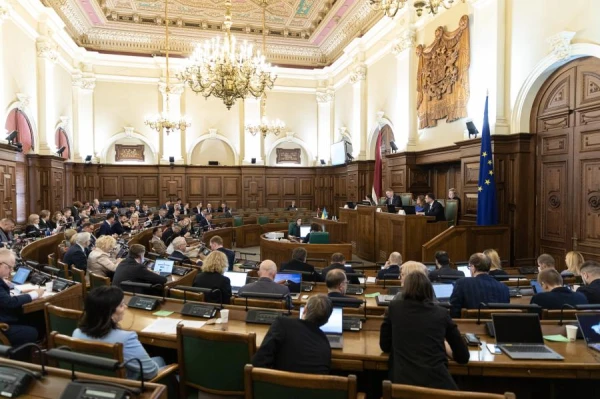
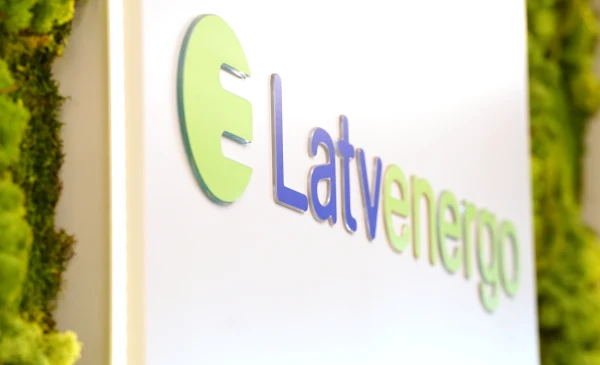

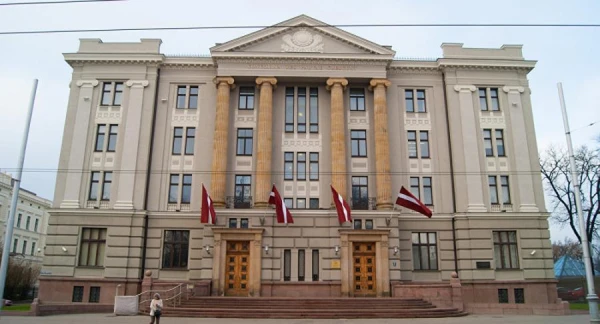
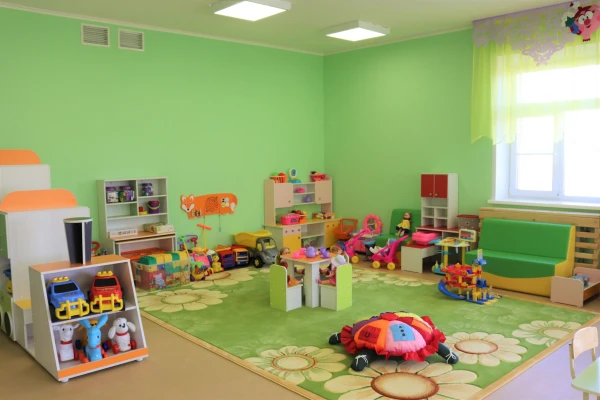




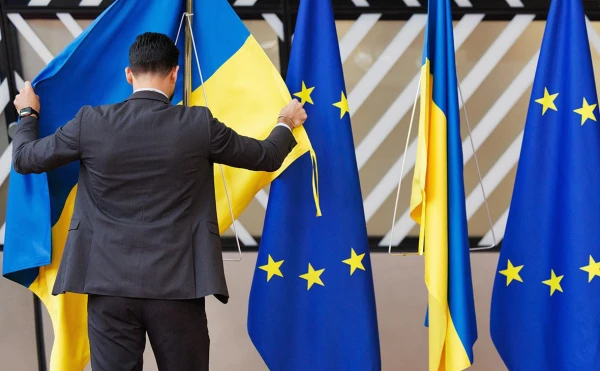
Leave a comment